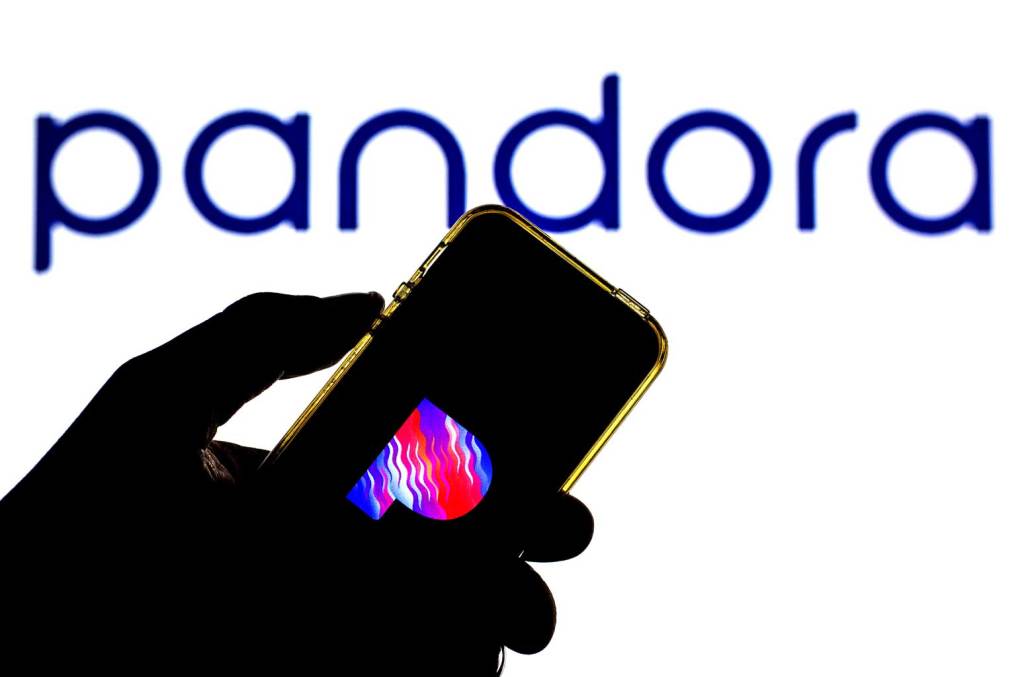Pandora is responding to a lawsuit filed by the Mechanical Licensing Collective (the MLC) that claims the company failed to properly pay streaming royalties, calling the case a “gross overreach” based on a “legally incoherent position.”
The MLC — the group created by Congress in 2018 to collect streaming royalties — filed a lawsuit earlier this year accusing Pandora (a unit of SiriusXM) of misclassifying the nature of its streaming service to avoid paying the higher royalties that due to “interactive platforms like Spotify.
But in its first response to the case filed Tuesday (April 16), Pandora calls MLC's lawsuit a “wild overreach” that “distorts the Pandora experience” — and one filed by an entity that isn't even legally authorized to submit such cases.
“MLC … was intended to be a neutral intermediary charged with collecting and distributing royalties under the General License,” Pandora writes. “It is not authorized to play judge and jury on the legal compliance of a streaming service, nor was it created to pursue legal pleasures and circumventions like this.”
Pandora's lawyers also say the lawsuit is based on a “legally incoherent position” that has never been raised by the music companies for which MLC collects royalties: “MLC seems to think it knows something that the entire music industry does not ».
A spokesman for MLC did not immediately return a request for comment.
At the heart of the lawsuit against Pandora is the distinction between “interactive” platforms like Spotify or Apple Music, which allow users to choose their songs on demand, and “non-interactive” platforms that provide a more radio-like experience. It is a key dividing line, as interactive and non-interactive services pay very different royalties on different systems.
Although Pandora offers a premium tier with on-demand functionality, it has long treated Pandora Free — the radio-like staple that fueled the company's rise in the late 2000s — as a non-interactive service, serving largely users a mix of songs based on their preferences.
But in a February lawsuit, MLC argued that Pandora Free had crossed the line in an “interactive” mode by offering so-called “Sponsored Premium Access” sessions, which allow users to briefly play specific songs in exchange for watching ads. As a result, the MLC argued that Pandora owed the same kind of royalties for Pandora Free that services like YouTube or Spotify pay.
“Pandora provides even greater interactive access and functionality than these other ad-supported interactive streaming services,” MLC wrote. “Despite the interactive functionality of Pandora Free, Pandora failed to report the full use of Pandora Free to The MLC.”
In Tuesday's response, Pandora's lawyers argued that MLC's lawsuit “badly misrepresents the facts” by making a “gross mischaracterization of Pandora's offerings.”
As they say, the disputed “Sponsored Premium Access” sessions are just brief previews of the company's on-demand tier with “strict limits” on usage — not a wholesale feature that would “transform” Pandora Free “into an interactive service like Spotify or Apple Music.”
Additionally, Pandora says this feature was explicitly negotiated with music companies, who have never objected to it or argued that it required Pandora to “fundamentally change its approach to licensing.”
“MLC apparently thinks it knows better than the entire music publishing industry,” Pandora wrote. “Not only is the MLC operating far outside its administrative boundaries, it is also completely wrong as far as the law is concerned.”
Talking to me Advertising sign on Tuesday, George Whitesenior vice president of music licensing at SiriusXM and Pandora, echoed Pandora's claims in the legal response.
“The lawsuit is really a gross overreach, especially considering that Pandora is such a well-known and established non-interactive music streaming service,” White said. “There are no checks and balances in the MLC. We think this is something, as part of the MLC redesign, that the Copyright Office really needs to look at.”
White was referring to MLC's ongoing “redefinition process” by the Copyright Office — a five-year check-up required by the Music Modernization Act to ensure the organization is operating effectively. The first redesign began in January and is due to be completed later this year.



